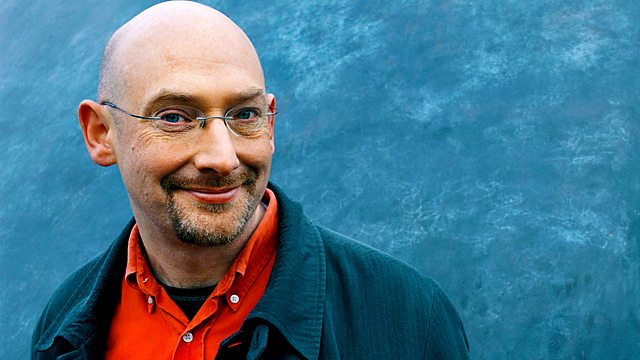08/11/2012
New research that shows that wild Arabica coffee could be extinct by the end of the century, plus stone blades used by early humans, and birds dying during migration.
Climate change alone could wipe out wild Arabica coffee by the end of this century, according to new research published in the journal PLOS One. Commercially grown Arabica coffee is from limited genetic stock and the loss of the wild crop could have significant implications for the sustainability of high quality coffee. Dr. Aaron Davis, Head of Coffee Research at Kew Gardens, who led the study, discusses the findings with global crop wild relative expert Dr. Nigel Maxted from the University of Birmingham.
A haul of stone blades from a cave in South Africa suggests that early humans were already masters of complex technology more than 70,000 years ago. The journal Nature reports on the new find which suggests that early humans passed on this knowledge down the generations. Dr. Curtis Marean, an archaeologist at Arizona State University in Tempe, who led the team that found the bladelets and Dr. Matthew Pope from the University College London argue that this could be the earliest evidence of truly modern human behaviour.
Finally why are birds migrating to the UK literally falling out of the sky and dying - Graham Madge from the RSPB explains more.
Last on
Migrating bird deaths

Climate Change Eradicating Wild Arabica Coffee

Ancient Tool Use
Broadcasts
- Thu 8 Nov 2012 16:30Βι¶ΉΤΌΕΔ Radio 4
- Mon 12 Nov 2012 21:00Βι¶ΉΤΌΕΔ Radio 4


